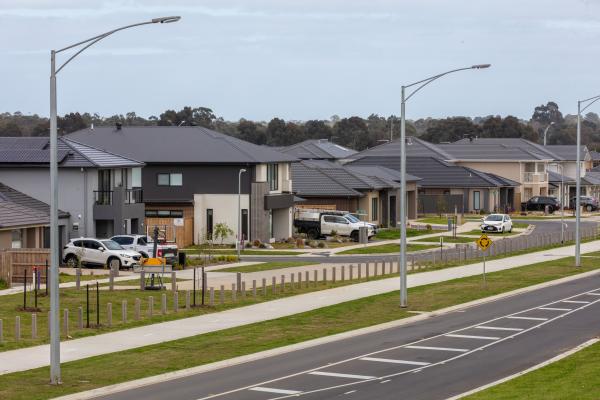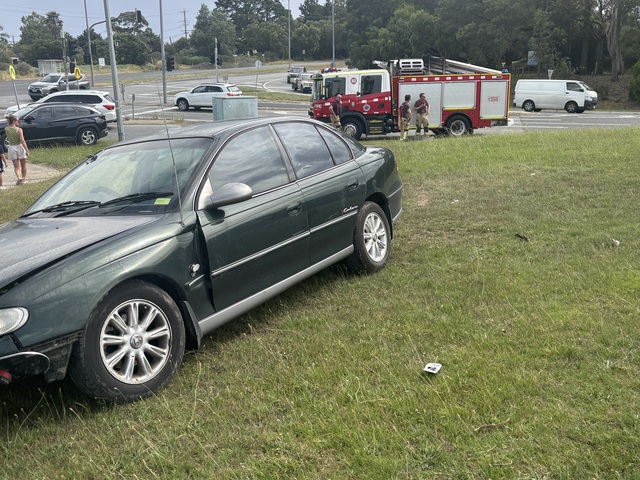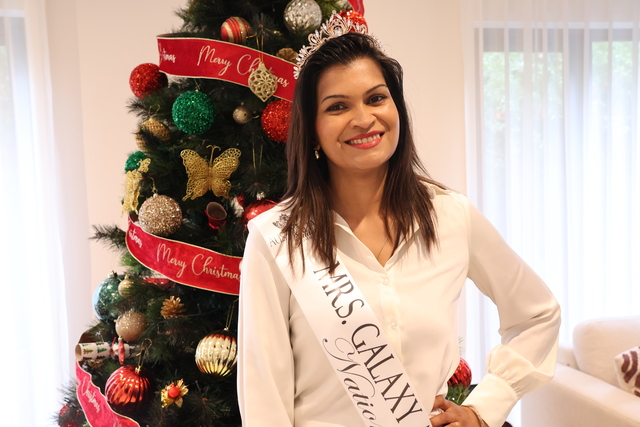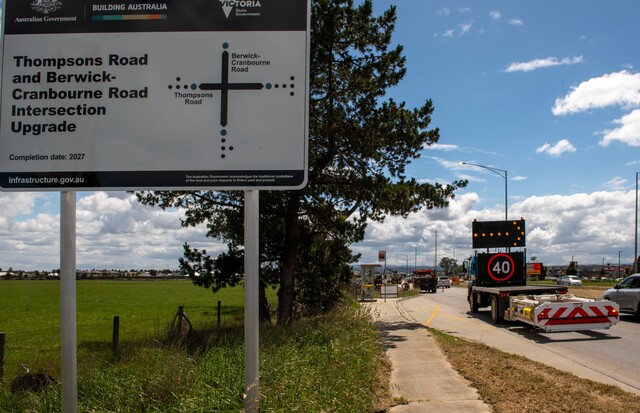A south eastern women’s health and wellbeing agency has urged the State Government to adopt a gender lens when considering social and affordable housing.
Women’s Health in the South East (WHISE) has submitted a response to the Victorian Government’s 10-year vision for social and affordable housing applying a gender lens to demonstrate the need for equitable
access to housing for women.
“Women are most negatively impacted by housing instability and homelessness and the two biggest risk factors are domestic and family violence and being aged over 55 years,” says WHISE CEO, Ms Kit McMahon.
Using their extensive experience working with women in the community and by consulting with a representative from Olive’s Place – a refuge service which provides support to women and children escaping family violence – WHISE submitted a list of recommendations for increasing equitable access to housing for women.
WHISE recommended that the Victorian Government:
1. Ensure that social and affordable housing is close to major facilities, services and infrastructure;
2. Build a State Government housing plan and 10-year vision that is based on the reality of changing demographics in our community, for example, larger families with 5 or more children;
3. Design a plan where all emergency and social housing meets the needs of marginalised and disadvantaged women;
4. Improve the system for transferring women between different types of accommodation.
“Whilst a large increase in social and affordable housing options is a long-term solution, there are also urgent changes which need to occur to lessen women’s need for social housing and/or alleviate some of
the stressors that are experienced by women who access these housing options,” says Ms McMahon.
“As leaders of primary prevention and health promotion for women in Southern Metropolitan Melbourne we know that access to safe and long term housing is a vital for women’s health and wellbeing.”
Three additional recommendations were also proposed by WHISE:
1. Fund support services for women once they have transitioned out of crisis accommodation;
2. Make childcare more affordable to increase women’s ability to work;
3. Recognise the structural disadvantage that women face in being able to afford housing.
The full submission can be read on the WHISE website at https://whise.org.au/assets/docs/whise_info/whise_submission_for_the_victorian_governments_ten_year_vision_for_social_and_affordable_housing_final.pdf







